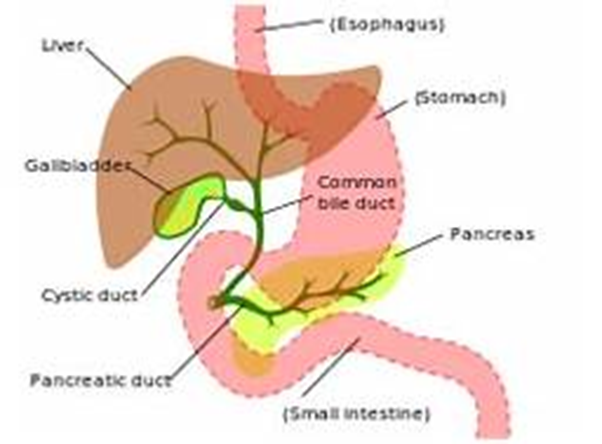A nurse is caring for a client who had a stroke and has dysphagia. For which of the following complications should the nurse monitor the client?
Aspiration
Gastroesophageal reflux disease
Peptic ulcer disease
Dumping syndrome
The Correct Answer is A
Aspiration is a common complication in patients with dysphagia post-stroke due to impaired swallowing reflexes, leading to food or liquid entering the lungs.
Choice B reason: Gastroesophageal reflux disease could be a concern but is not directly related to dysphagia post-stroke.
Choice C reason: Peptic ulcer disease is not typically a complication of dysphagia post-stroke.
Choice D reason: Dumping syndrome is related to rapid gastric emptying post-meal, not dysphagia post-stroke.
Nursing Test Bank
Naxlex Comprehensive Predictor Exams
Related Questions
Correct Answer is B
Explanation
Choice A reason: Weight gain is not typically a direct cause of chronic pancreatitis. While obesity can be a risk factor for developing pancreatitis, it is not considered a primary cause.
Choice B reason: The use of alcohol is the most common cause of chronic pancreatitis. Long-term alcohol misuse can lead to the development of chronic pancreatitis, accounting for about 70% of cases³.
Choice C reason: Abdominal pain that is relieved with food or antacids is more indicative of conditions like peptic ulcers rather than chronic pancreatitis.
Choice D reason:Exposure to occupational chemicals has not been established as a primary cause of chronic pancreatitis. While certain toxins can affect the pancreas, they are not a common cause of chronic pancreatitis.
Correct Answer is D
Explanation
Choice A reason: Tenderness in the left upper abdomen is not typically associated with an obstruction of the common bile duct. This symptom is more commonly related to conditions affecting the stomach, pancreas, or spleen. The common bile duct is in the right upper quadrant of the abdomen, and tenderness in this area might be expected with its obstruction.
Choice B reason: Ecchymosis of the extremities is not a common finding in common bile duct obstruction. Ecchymosis, or bruising, is usually due to trauma, blood disorders, or other causes of fragile blood vessels and is not related to bile duct issues.
Choice C reason: Pale-colored urine is the opposite of what might be expected with common bile duct obstruction. Typically, the urine may become dark due to increased bilirubin levels that are excreted by the kidneys when the bile duct is obstructed.
Choice D reason: Fatty stools, or steatorrhea, are a classic finding in common bile duct obstruction. When bile flow is blocked, fats are not properly digested and absorbed, leading to stools that are bulky, greasy, and often have a foul odor. This occurs because bile is necessary for the emulsification and absorption of dietary fats in the intestine.

Whether you are a student looking to ace your exams or a practicing nurse seeking to enhance your expertise , our nursing education contents will empower you with the confidence and competence to make a difference in the lives of patients and become a respected leader in the healthcare field.
Visit Naxlex, invest in your future and unlock endless possibilities with our unparalleled nursing education contents today
Report Wrong Answer on the Current Question
Do you disagree with the answer? If yes, what is your expected answer? Explain.
Kindly be descriptive with the issue you are facing.
